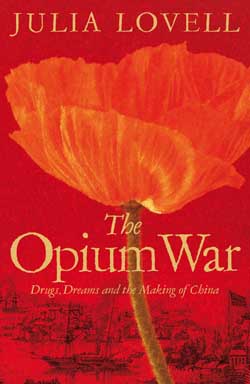
Lucie Blackman – tall, blonde, and twenty-one years old – stepped out into the vastness of Tokyo in the summer of 2000, and disappeared forever. The following winter, her dismembered remains were found buried in a seaside cave.
The seven months in between had seen a massive search for the missing girl, involving Japanese policemen, British private detectives, Australian dowsers and Lucie’s desperate, but bitterly divided, parents. As the case unfolded, it drew the attention of prime ministers and sado-masochists, ambassadors and con-men, and reporters from across the world. Had Lucie been abducted by a religious cult, or snatched by human traffickers? Who was the mysterious man she had gone to meet? And what did her work, as a ‘hostess’ in the notorious Roppongi district of Tokyo, really involve?
Richard Lloyd Parry, an award-winning foreign correspondent, has followed the case since Lucie’s disappearance. Over the course of a decade, he has travelled to four continents to interview those caught up in the story, fought off a legal attack in the Japanese courts, and worked undercover as a barman in a Roppongi strip club. He has talked exhaustively to Lucie’s friends and family and won unique access to the Japanese detectives who investigated the case. And he has delved into the mind and background of the man accused of the crime – Joji Obara, described by the judge as ‘unprecedented and extremely evil’.
With the finesse of a novelist, he reveals the astonishing truth about Lucie and her fate.People Who Eat Darkness is, by turns, a non-fiction thriller, a courtroom drama and the biography of both a victim and a killer. It is the story of a young woman who fell prey to unspeakabale evil, and of a loving family torn apart by grief. And it is a fascinating insight into one of the world’s most baffling and mysterious societies, a light shone into dark corners of Japan that the rest of the world has never glimpsed before.
Taken from Random House Group

















